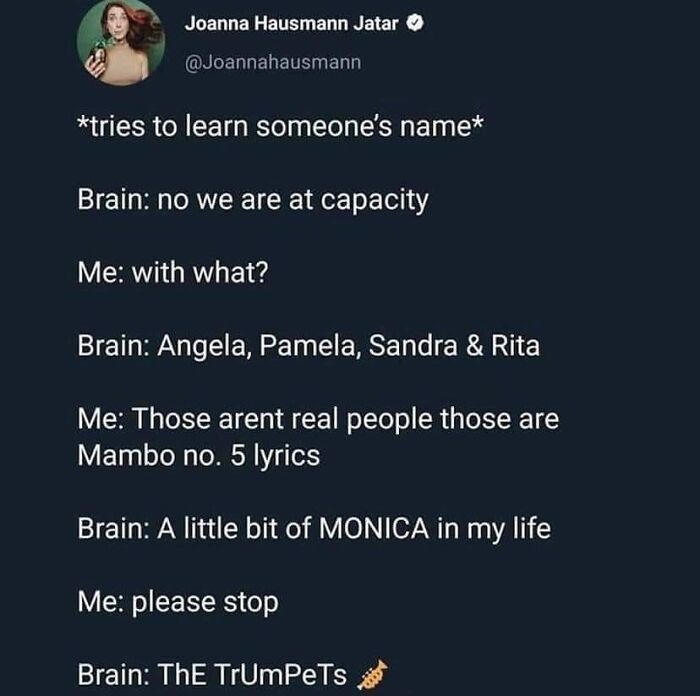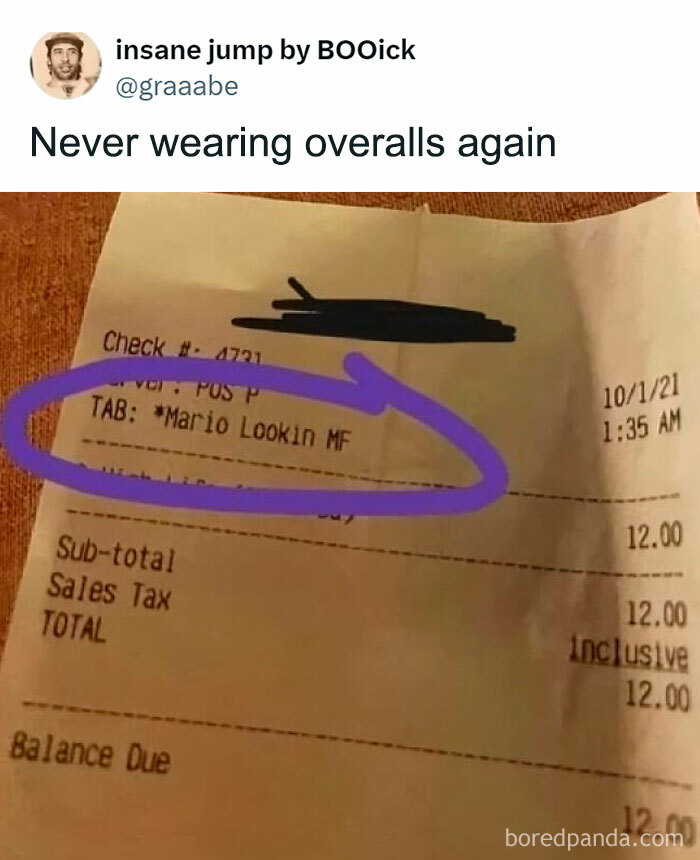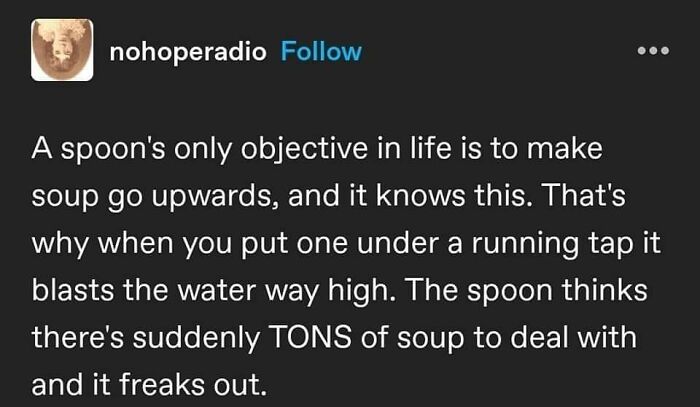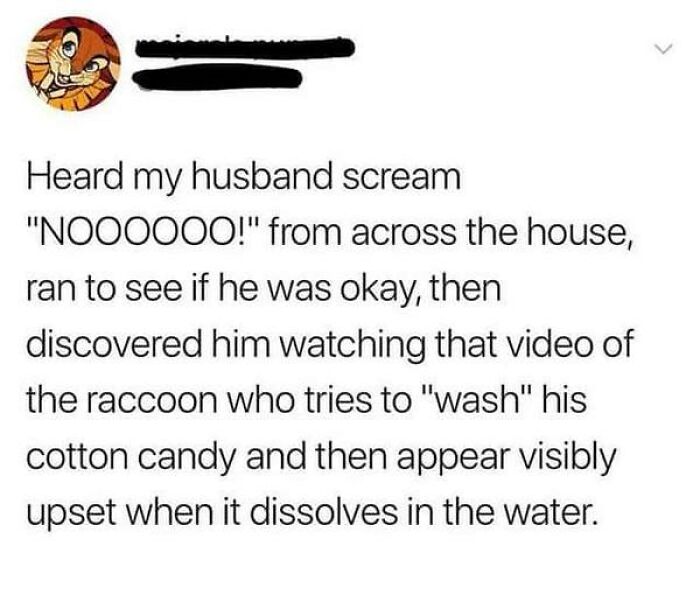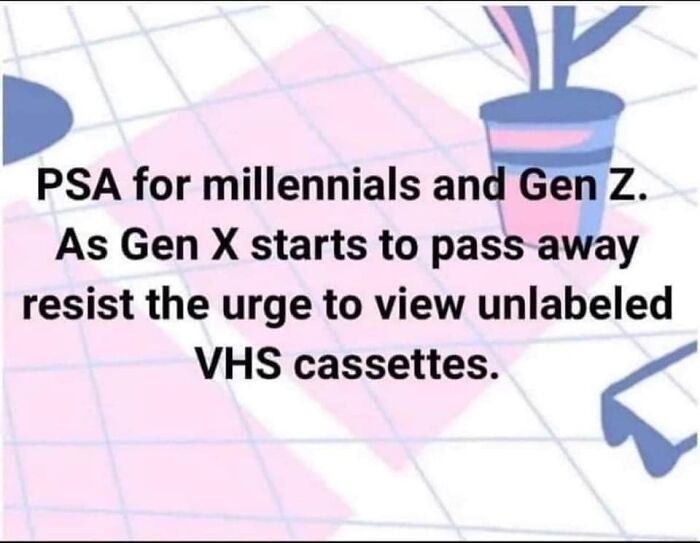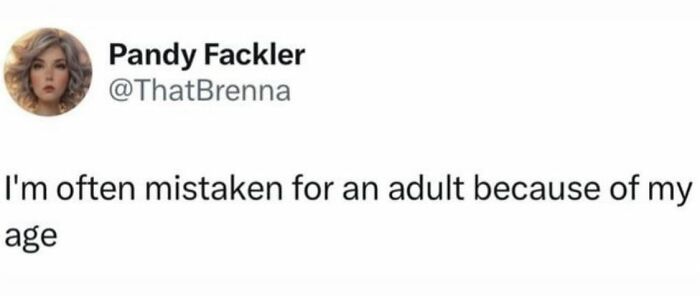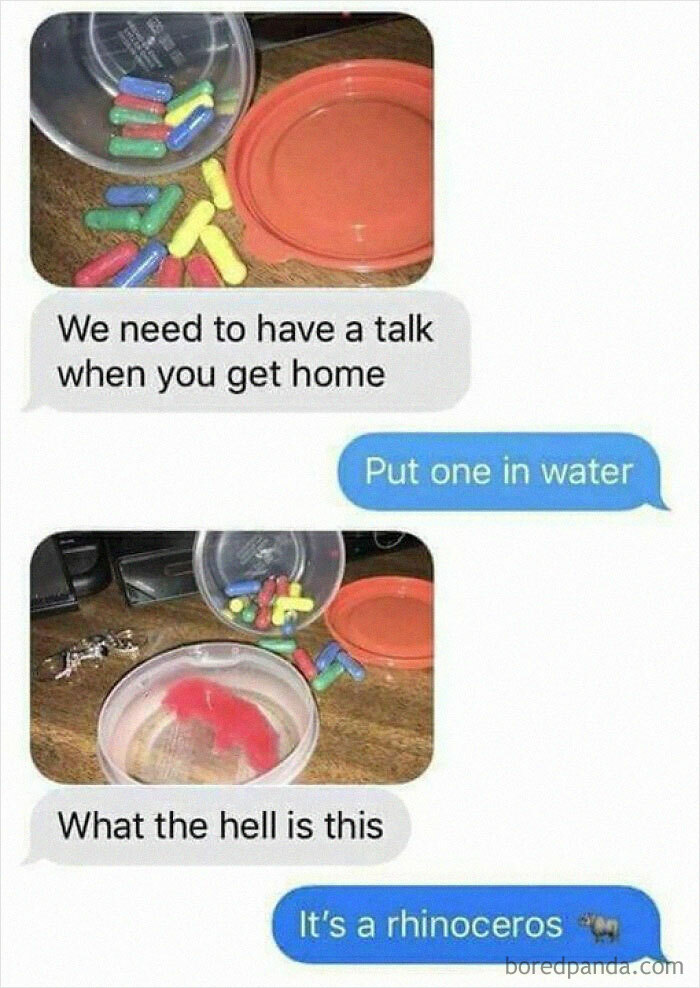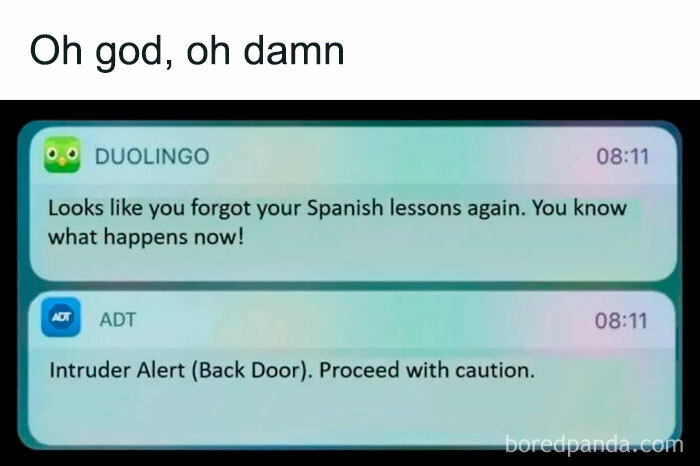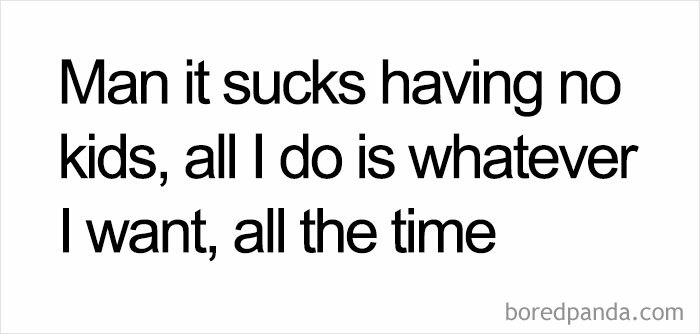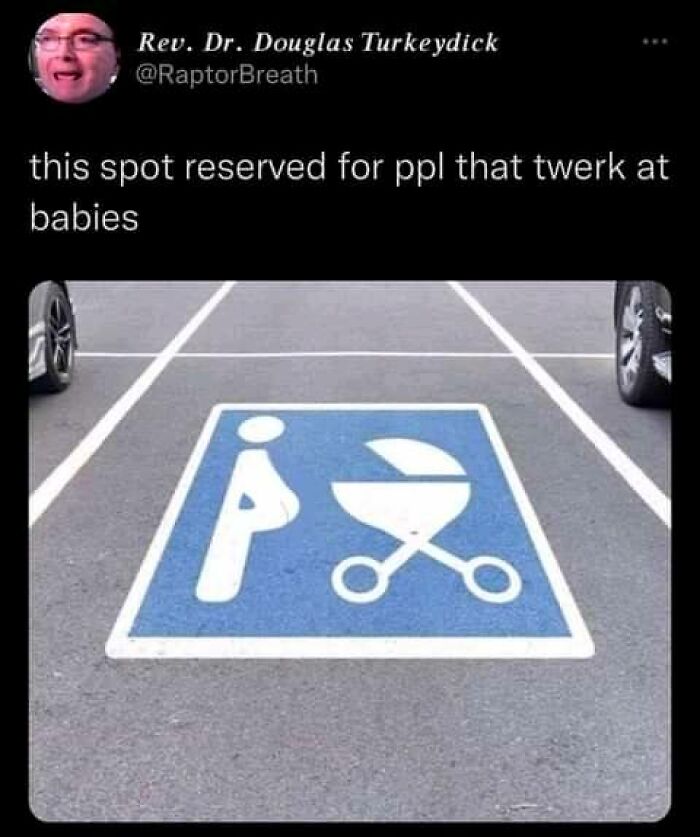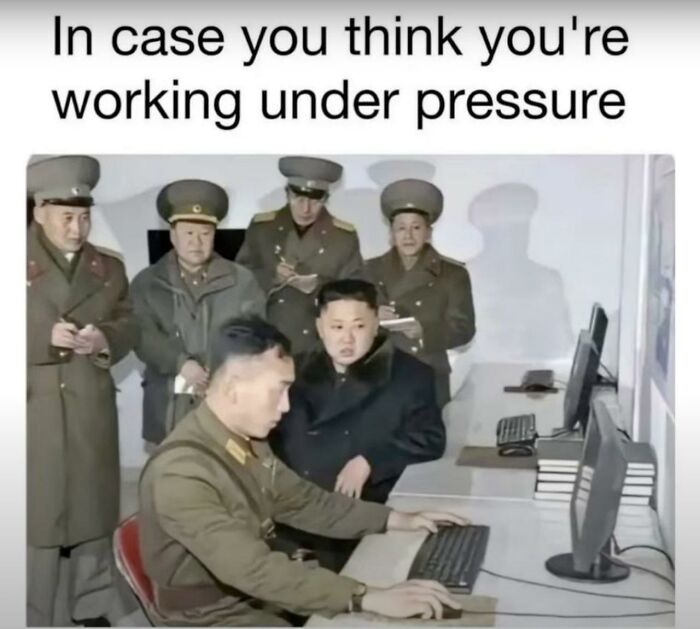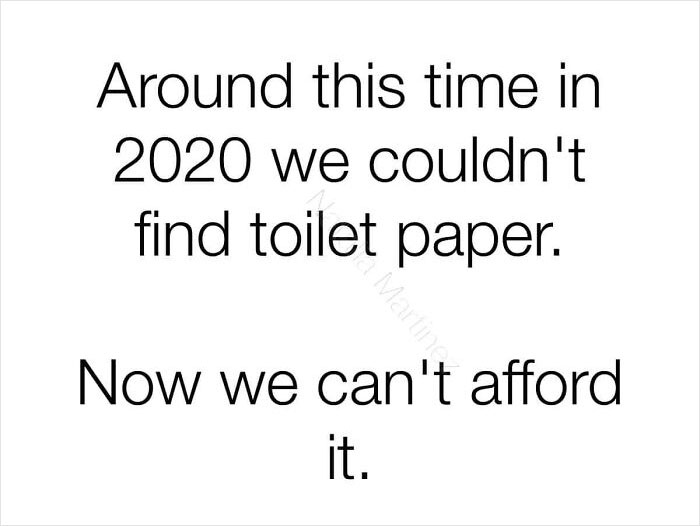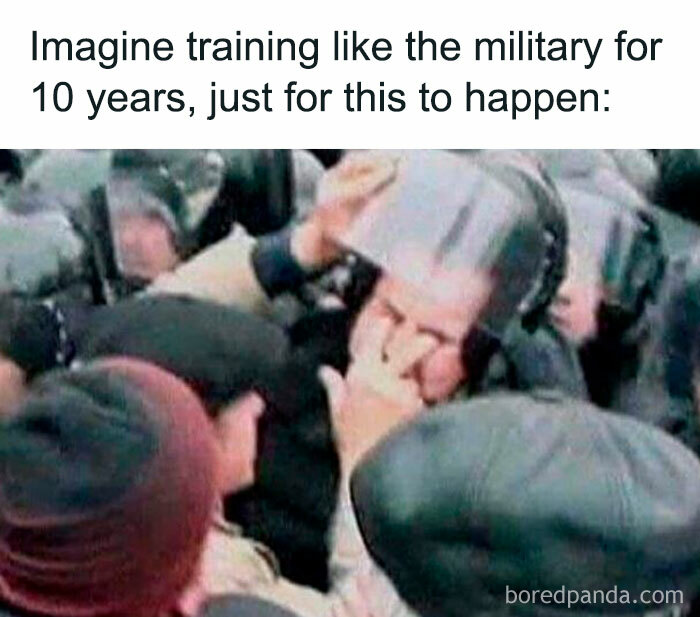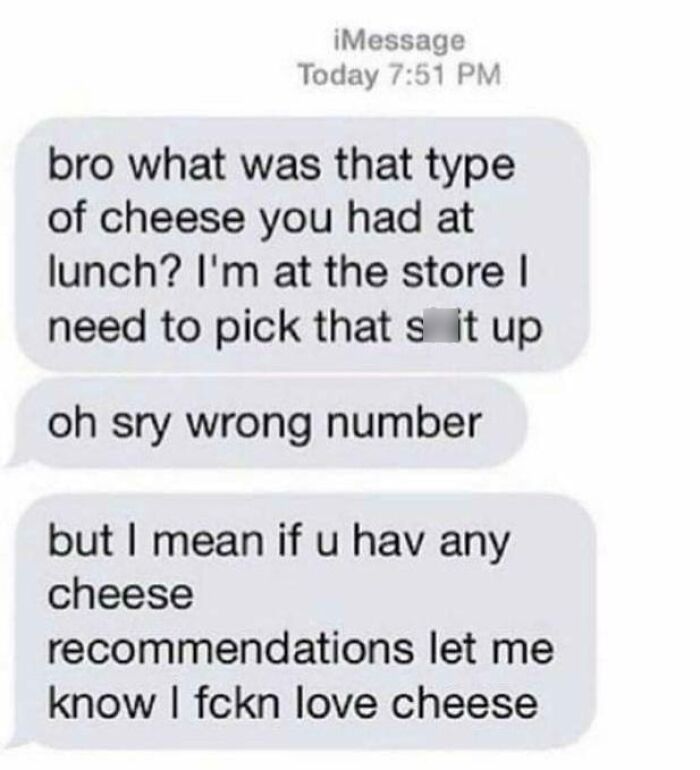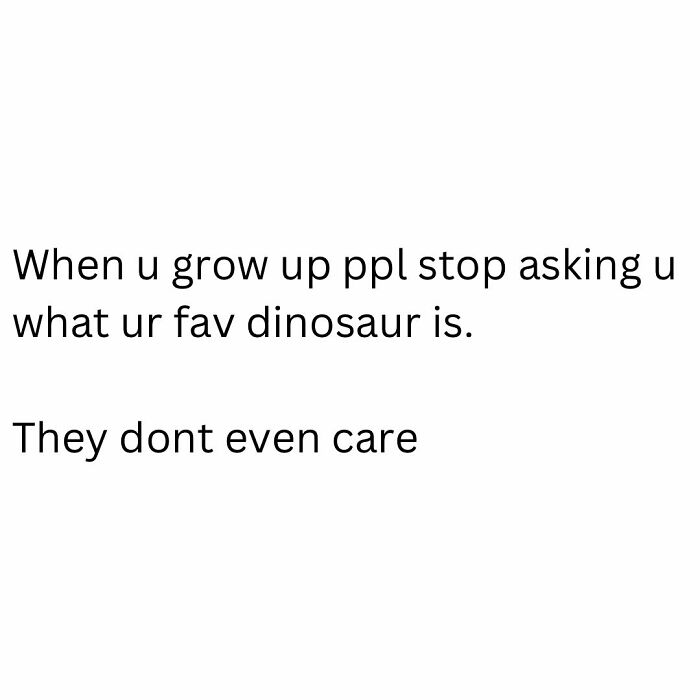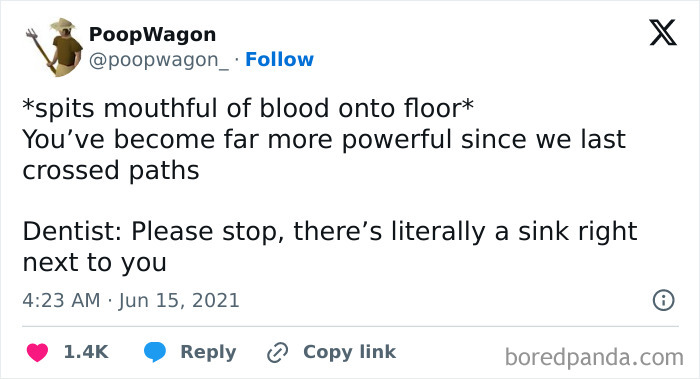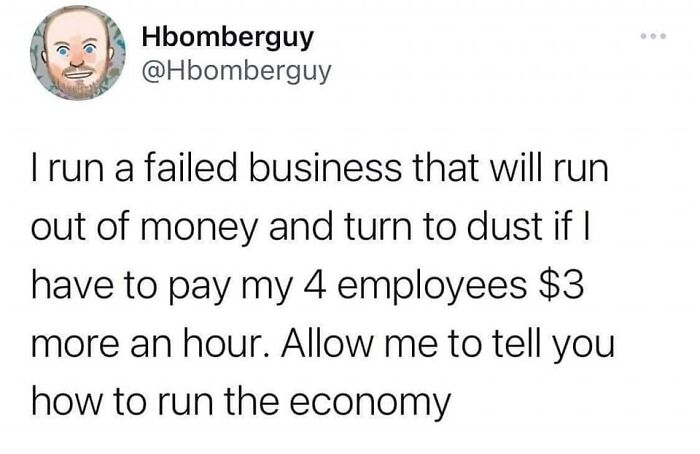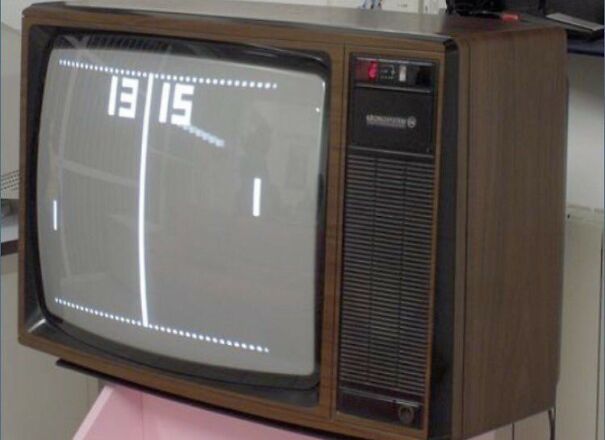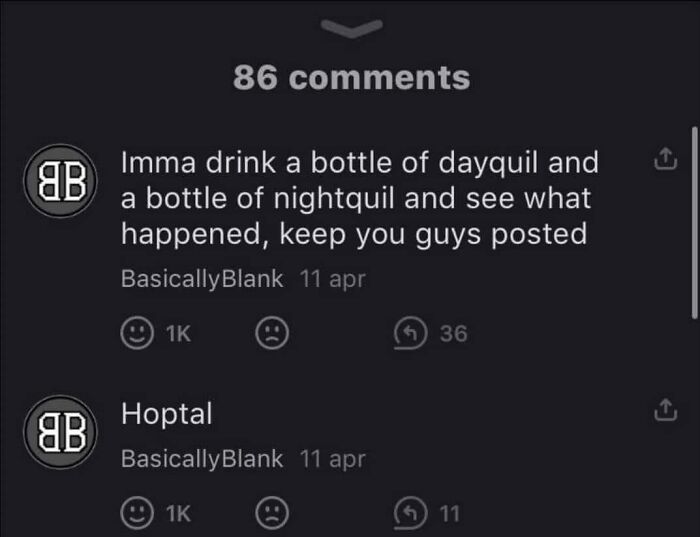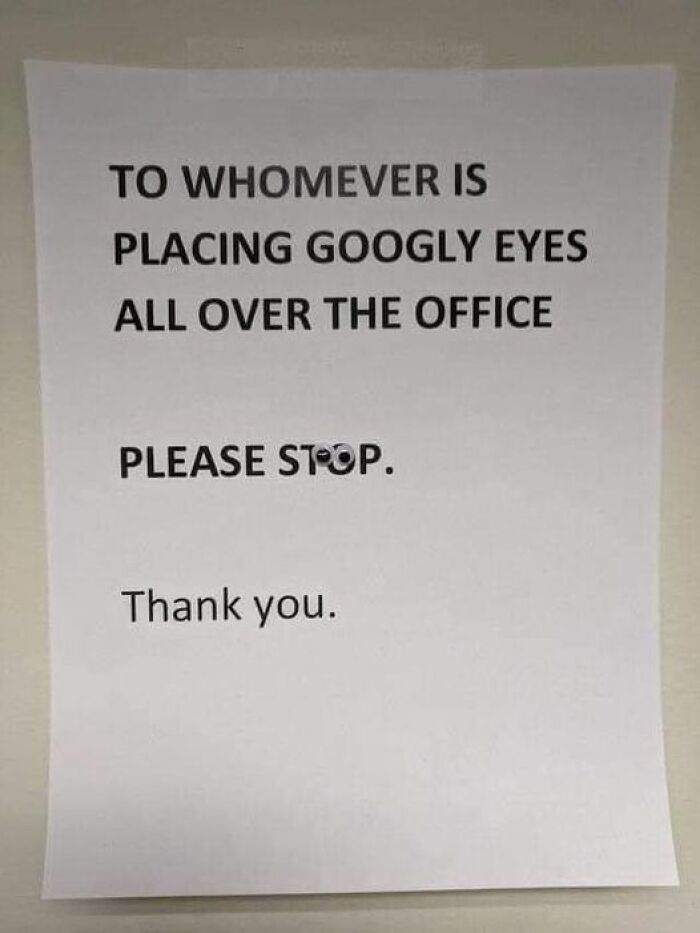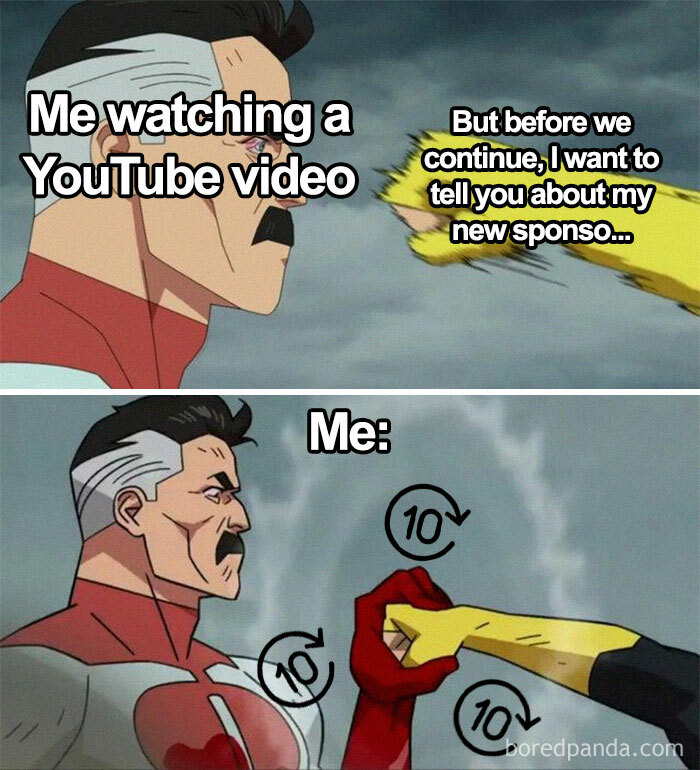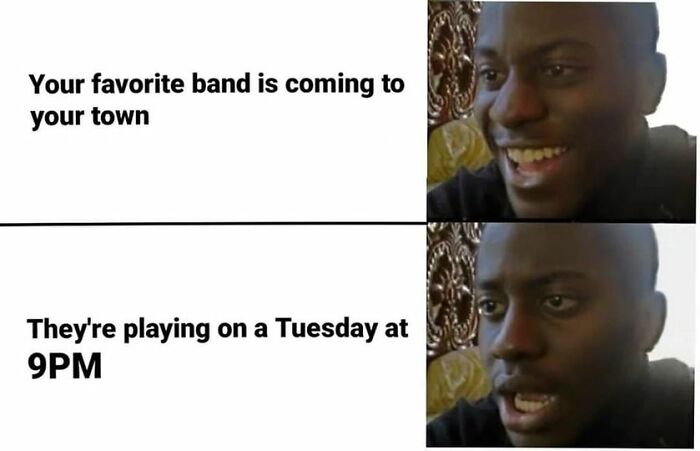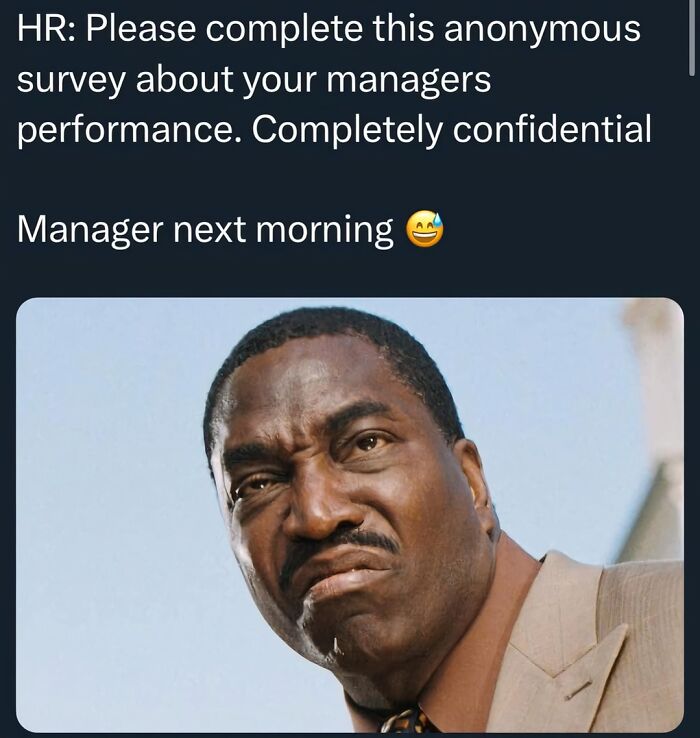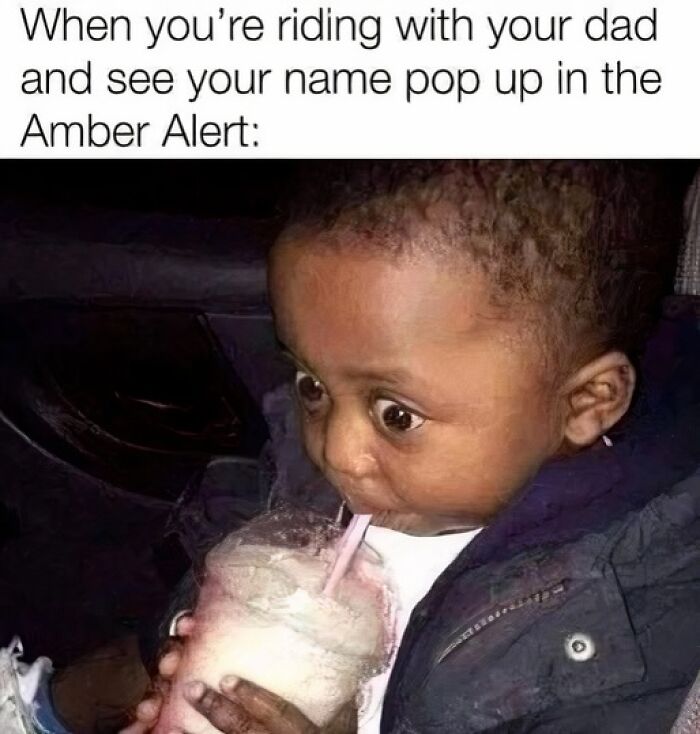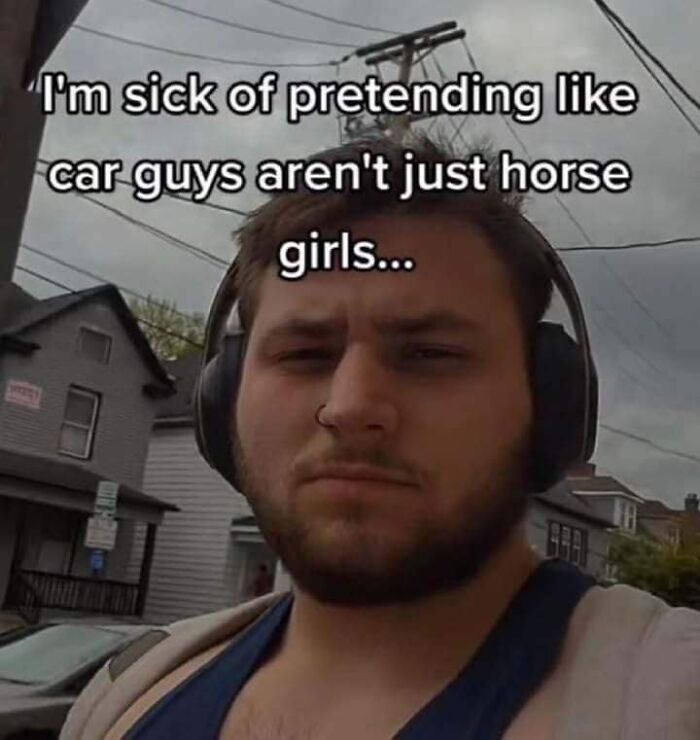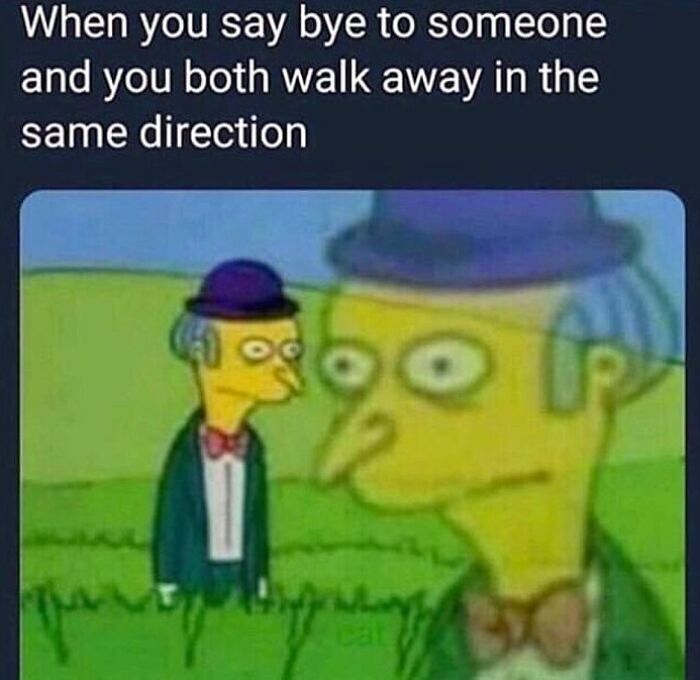If there’s anything that’s truly taken over our screens, it’s memes. They sneak into our feeds, group chats, and DMs like they own the place. I don’t know about you, but it’s a rare day when my inbox doesn’t have at least a few memes from friends waiting for me. And honestly, I’m not complaining—we all need a bit of humor to brighten our day. If you could also use a quick laugh, we’ve compiled some funny and relatable memes from the Facebook page ‘The Safe Word is Avocado.’ Check them out below, and remember to upvote your favorites! What’s truly great about memes is how their silliness often makes them even better. They can be weird and offbeat, yet still universally understood. It’s no wonder researchers like Paolo Gerbaudo refer to memes as a kind of “language.” They transcend cultures and connect people in ways that words alone sometimes can’t. Because memes are so pervasive, it’s easy to dismiss them as unimportant—something we laugh at and then quickly forget as soon as the next one comes along. But therapist and mental health writer Theodora Blanchfield believes they hold much more significance. “Memes get trivialized and disparaged, yet, they’re an important social currency and way of communicating online in this day and age,” she argues. “These small, often funny pieces of content are important for their ability to share ideas quickly and succinctly as well as foster a sense of connection and feeling seen.” She echoes the thoughts of other researchers on how memes can act as a shared language. “Think of a time you felt excluded from a group, because it felt like they were speaking an entirely different language with references you didn’t understand,” says Blanchfield. “Or, on the contrary, think of a time where you were the one to clue in a group about a popular meme that they somehow didn’t know about. If you felt a small rush of power, you’re not petty. (Or at least no more petty than me.)” In a sense, being “fluent” in the language of memes makes us feel like we’re part of something together. Of course, the reasons behind this vary from person to person. For Blanchfield, as a therapist, it often stems from the nature of her work. “I can’t talk much about what happened at work to people in my life, other than in incredibly broad strokes,” she shares. However, she’s found support and understanding in a dedicated psychotherapy meme group, which has made a difference for her. “I’m grateful that my friends and clients have used memes to communicate with me in order to say the hard things—to make jokes about their traumas or an element of dealing with chronic depression, for example,” says Banchfield. “If you were trying to save $100,000 but only focused on making big deposits, you’d miss out on the ability to build up your money over time,” she explains. “The same holds true in relationships—they’re not just built in the big moments, but it’s the smaller moments that help us build emotional capital.” Follow Bored Panda on Google News! Follow us on Flipboard.com/@boredpanda! Please use high-res photos without watermarks Ooops! Your image is too large, maximum file size is 8 MB.












